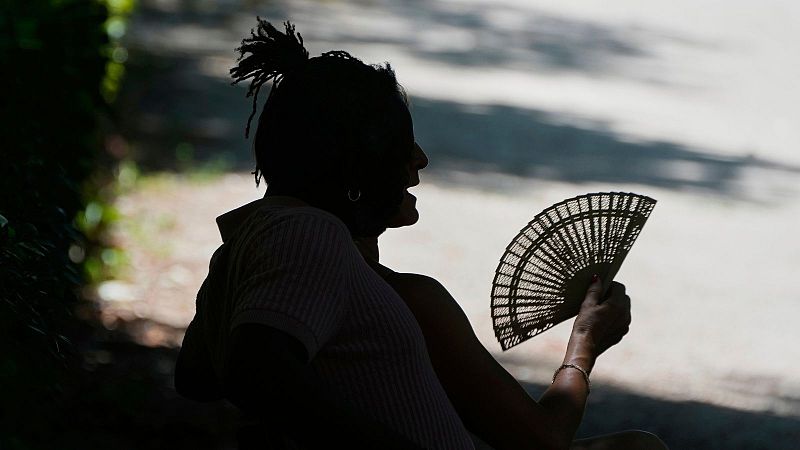The Impact of Climate Change on Recent Heatwaves in Europe
A recent study has revealed that human-caused climate change contributed to the deaths of approximately 1,500 people across 12 European cities during a recent heatwave. Scientists from Imperial College London and the London School of Hygiene & Tropical Medicine conducted a rapid analysis, which is a type of study that measures the influence of climate change on extreme weather events. This marks the first time such an analysis has been carried out for a heatwave.
The research found that burning fossil fuels has made heatwaves up to 4°C hotter in Europe, tripling the number of heat-related deaths that occurred between 23 June and 2 July. While the study focused on a dozen cities, researchers estimate that the true death toll across Europe could be in the tens of thousands.
How Heatwave Deaths Are Estimated
To estimate the number of excess heat deaths caused by climate change, researchers analyzed historical weather data to determine how intense the temperatures would have been in a world without a 1.3°C temperature increase. They found that climate change made the heatwave 1-4°C hotter and also caused heatwaves to occur earlier in June.
Separate research from the EU’s climate change service Copernicus showed that June 2025 was the fifth hottest June on record in Europe, marked by two significant heatwaves. During the second event between 30 June and 2 July, surface air temperatures exceeded 40°C in several countries, reaching as high as 46°C in Spain and Portugal.
The World Weather Attribution team used previous research on the relationship between heat and daily deaths in the 12 cities to estimate the number of heat-related deaths in both the recent heatwave and a hypothetical cooler event over ten days. The study estimates that about 2,300 people died in the extreme temperatures across the cities, with 1,500 fewer deaths if the climate hadn’t been heated up. This means climate change is responsible for 65% of these excess deaths.
Where Did the Heatwave Claim the Most Lives?
Climate change was behind 317 of the estimated excess heat deaths in Milan, 286 in Barcelona, 235 in Paris, 171 in London, 164 in Rome, 108 in Madrid, 96 in Athens, 47 in Budapest, 31 in Zagreb, 21 in Frankfurt, 21 in Lisbon, and 6 in Sassari. These numbers surpass other recent disasters, including last year’s Valencia floods (224 deaths) and the 2021 northwest Europe floods (243 deaths).
While the greatest number of excess deaths occurred in Milan, the highest proportion is estimated to be in Madrid: 90%, due to the large increase in heat that pushed temperatures past a threshold where heat deaths increase rapidly. Madrid’s central position in Spain contributes to this, as the further away from the coast, the stronger the “climate change signal” is in extreme heat.
Vulnerable Populations and Silent Killer
People aged 65 and over made up 88% of the deaths linked to climate change, highlighting how those with underlying health conditions are most at risk of premature death in heatwaves. Unlike climate-driven floods and wildfires, heatwaves are regarded as a silent killer.
Most people who die in heatwaves pass away at home or in hospitals as their bodies become overwhelmed and give in to pre-existing health conditions such as heart disease, diabetes, and respiratory problems. Dr Otto emphasizes that people of all ages need to take the threat seriously, contrary to what some media images of people playing on beaches might suggest.
European Response and Future Strategies
European countries are tightening up their heat action plans, which set out actions to be taken before and during dangerous high temperatures. Authorities have improved their ability to spread the message widely. However, long-term strategies to reduce the urban heat island effect are crucial, such as expanding green and blue spaces, as well as short-term measures like cooling centres and support systems for vulnerable citizens.
Ultimately, the best and most efficient measure is to drastically cut greenhouse gas emissions. “The only way to stop European heatwaves from becoming even deadlier is to stop burning fossil fuels,” says Dr Otto.
Experts agree that communities need to adapt to an increasingly dangerous world through more resilient infrastructure and improved warning systems. Rapid and massive cuts in greenhouse gases through collaboration across all sectors of society are essential to reining in worsening weather extremes.
Research like this is important and being used more in climate litigation cases where groups take countries and companies to court over climate change.


